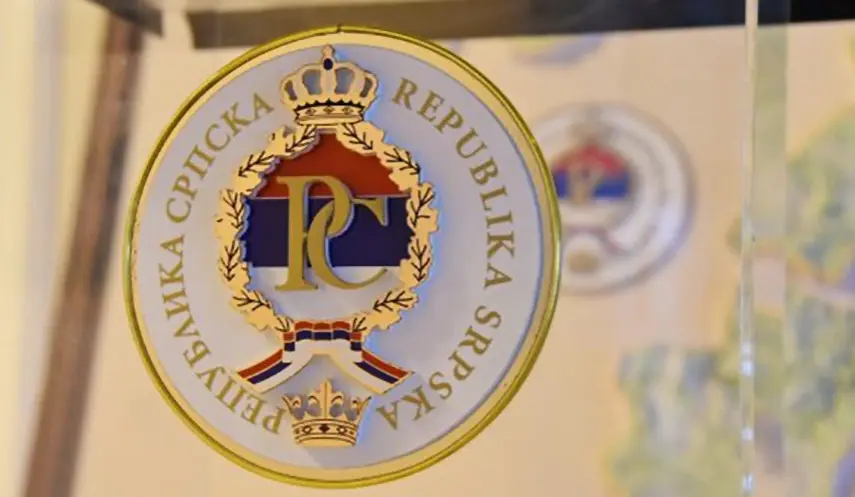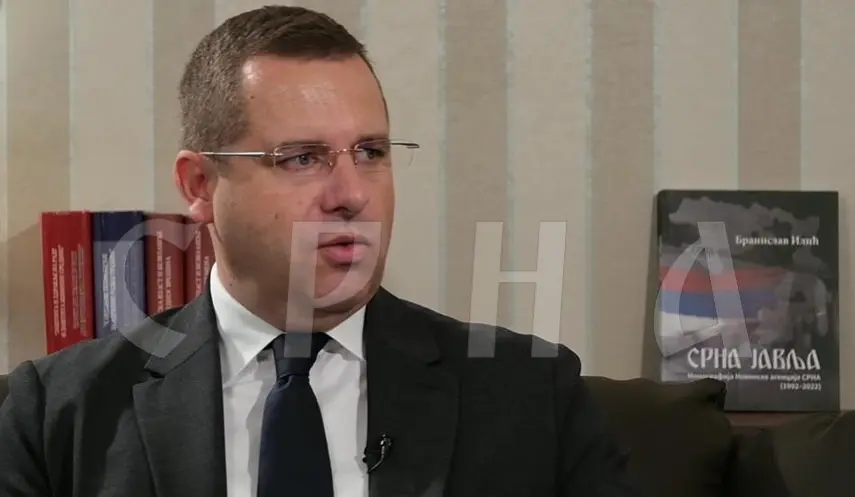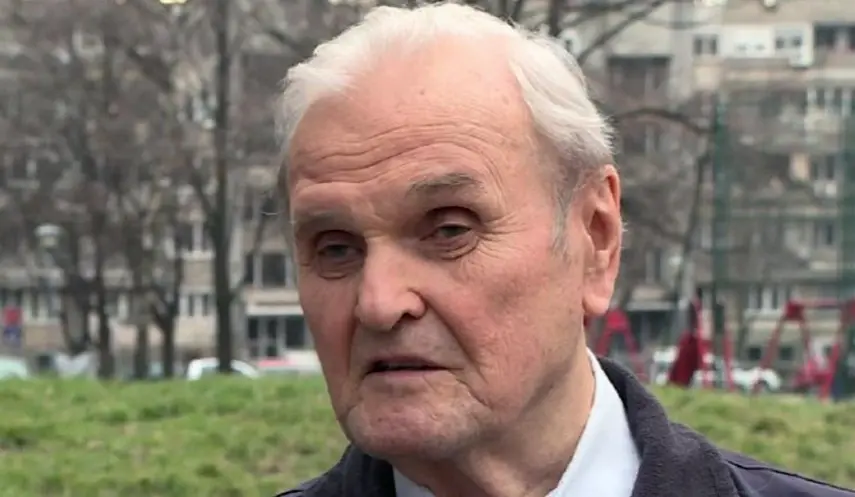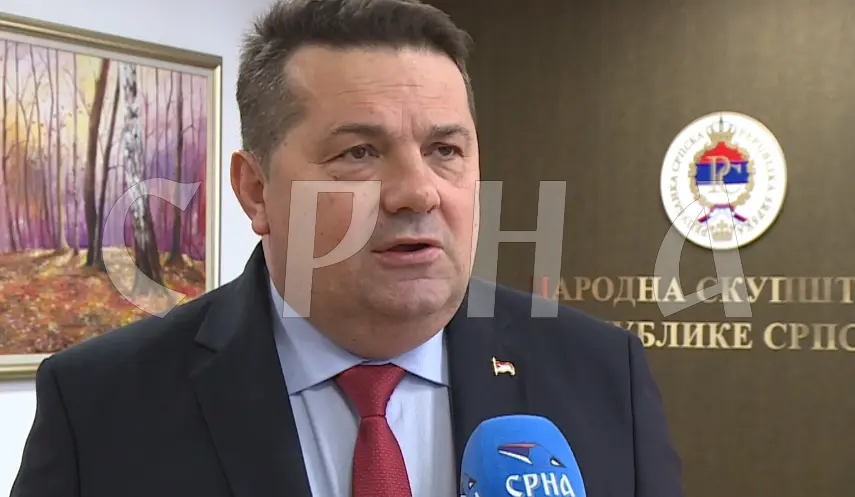REPUBLIKA SRPSKA STRONGLY SUPPORTS DAYTON AGREEMENT AND REJECTS UNELECTED FOREIGNER
Republika Srpska - UN - report
04/30/2025
17:00

BANJA LUKA, April 30 (SRNA) – In its new report to the UN Security Council, the Government of Republika Srpska reaffirmed its strong support for the Dayton Peace Accords and unwavering commitment to peace, while rejecting the notion that BiH should be governed by an unelected foreigner with no accountability.
"Republika Srpska is ready to engage in serious dialogue aimed at overcoming the political crisis in BiH and restoring progress toward EU membership. It appeals to BiH’s international partners to support the Dayton Agreement and encourage dialogue as a means of resolving the current crisis," states the 33rd report, submitted by Prime Minister Radovan Višković on behalf of Republika Srpska—as a signatory to the annexes of the Dayton Agreement—to UN Secretary-General António Guterres and member states of the UN Security Council.
The report covers the period from October 2024 to April 2025 and, as with previous reports, outlines the Government’s views on key issues and challenges facing BiH, with the aim of clarifying its positions to the Security Council and the international community, according to a statement from the Government of Republika Srpska.
The statement recalls that in March, UN Security Council members unanimously issued a declaration expressing support for the Dayton Agreement and calling for "sincere, open, and constructive dialogue to preserve the country’s unity and political stability."
Republika Srpska fully welcomes the content of that declaration and will work diligently in the coming months to implement it, the statement adds.
"As in previous reports, the first section emphasizes Republika Srpska’s strong support for the Dayton Agreement, respect for the sovereignty and territorial integrity of BiH, and unwavering commitment to peace. Supporting Dayton also means that Republika Srpska rejects the possibility of BiH being governed by an unelected foreigner without any accountability, which clearly violates the provisions of the Dayton Agreement, BiH’s democratic constitutional order, and the country's sovereignty," the report states.
The second section analyzes the current crisis in BiH, pointing to the autocratic rule of German bureaucrat Christian Schmidt, who governs BiH through decisions and unlimited powers, unlawfully usurping the competencies of BiH’s democratic legislative institutions.
The third section argues that the Office of the High Representative (OHR) undermines the constitutional order of BiH established by the Dayton Agreement and contributes to destabilization.
The fourth section details Schmidt’s destabilizing governance and explains why his assumption of the role of High Representative is a mockery of the law.
The fifth section outlines how the institutions of Republika Srpska, in response to Schmidt’s attempt to dismiss and imprison Republika Srpska President Milorad Dodik, have launched efforts to reclaim entity-level competencies that were unconstitutionally taken away.
The sixth section underscores Republika Srpska’s ongoing commitment to BiH’s European path, while the seventh section explains how leading Bosniak political parties in BiH assist the OHR in undermining BiH’s federal and consociational constitutional structure.
The final, eighth section presents reasons why BiH’s federal consociational structure is vital to European security.
The report concludes by stating that, despite current tensions, Republika Srpska believes BiH still has a chance to succeed—if all actors, both within BiH and abroad, respect the Dayton Peace Agreement.

TRUMP RESPONDED TO CVIJANOVIĆ, THANKED HER FOR HONORING 4TH OF JULY

KOVAČEVIĆ: SOME WANT TO DECIDE WITHOUT US - THAT IS WHY A REFERENDUM IN SRPSKA IS ESSENTIAL

EXPOSING SCHMIDT'S STATUS INVALIDATES ALL DECISIONS AGAINST SRPSKA PRESIDENT



